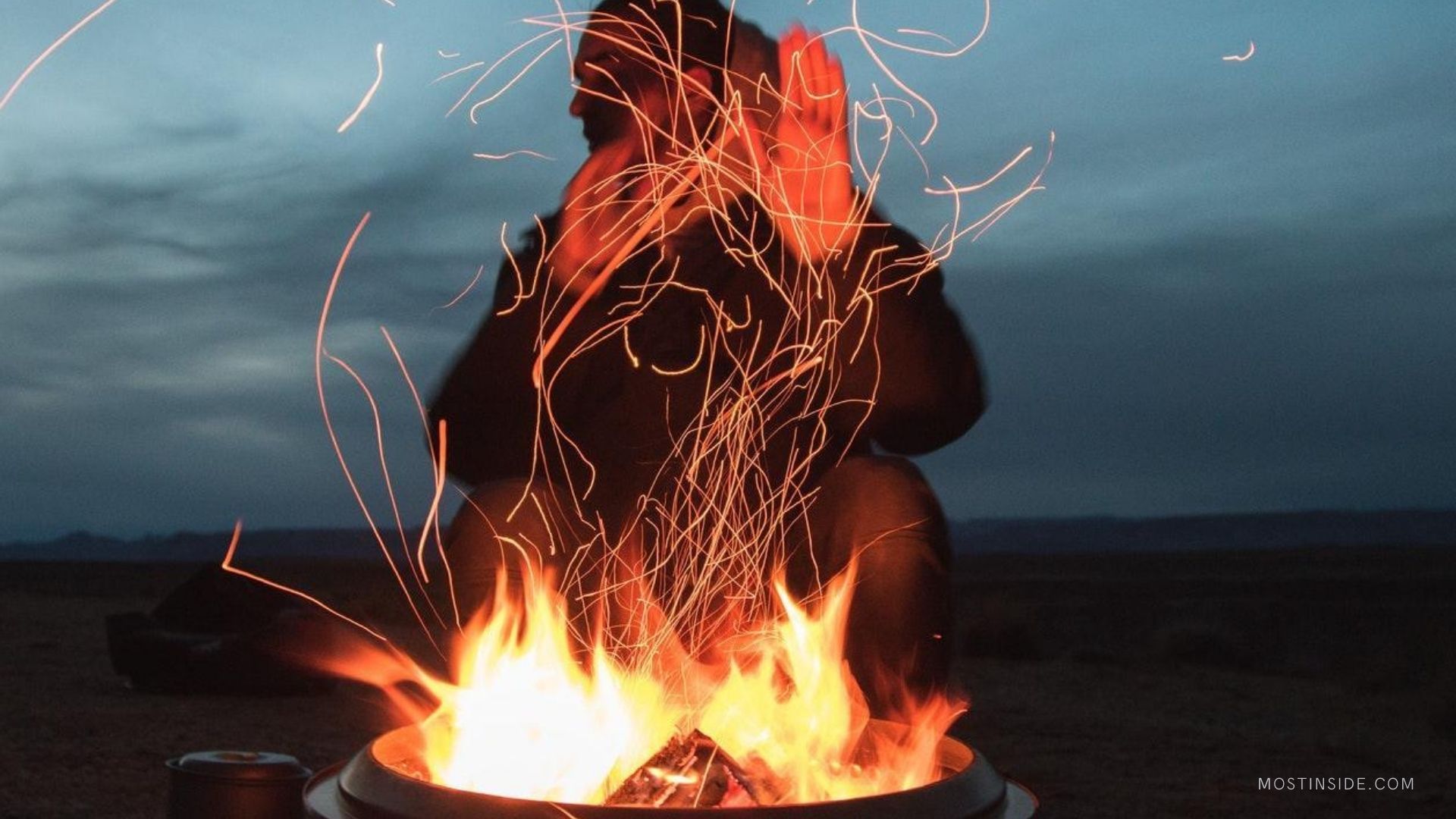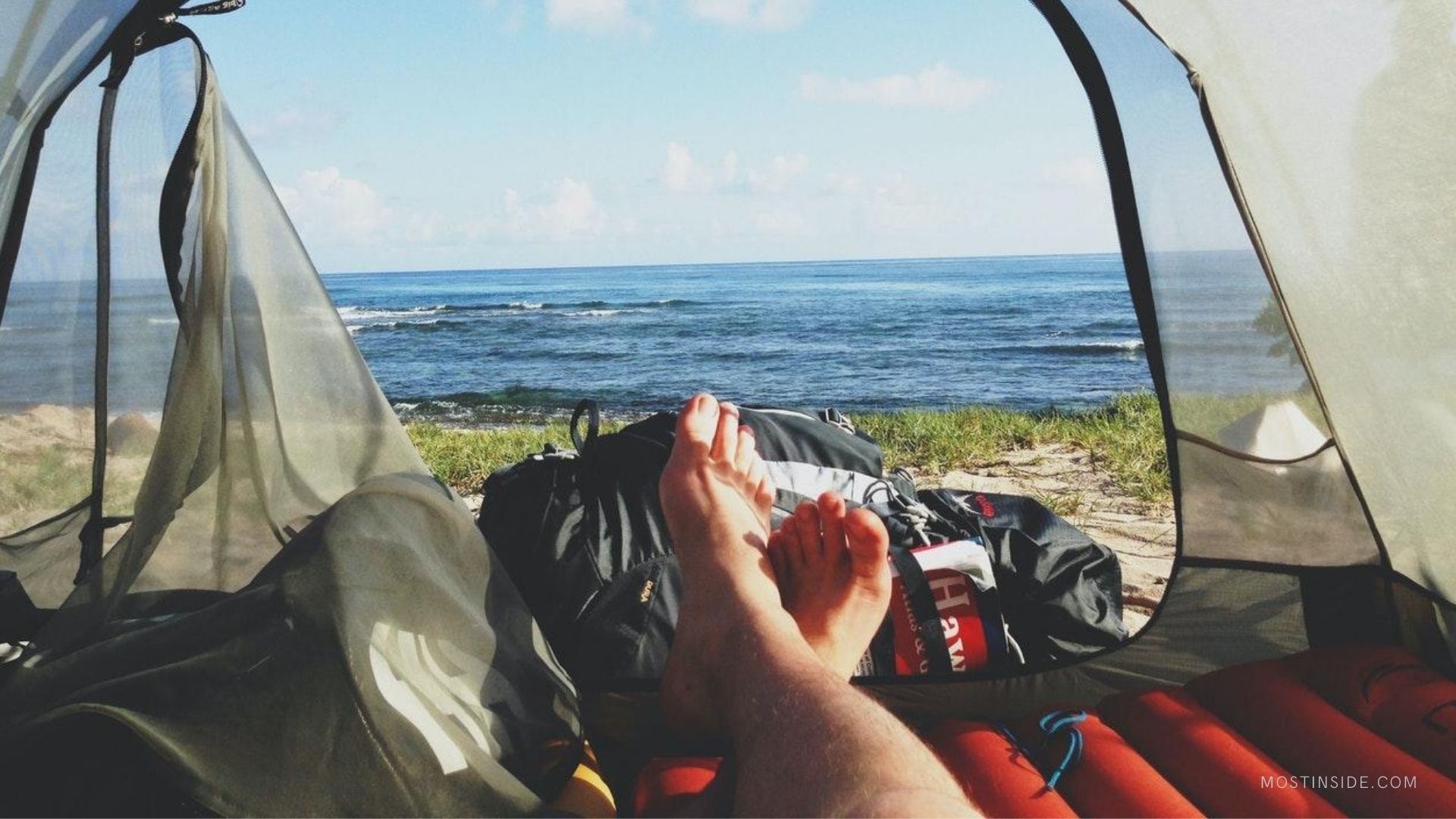Wild Camping Tips and Tricks: Your Guide to the Basics
This post was last updated on March 27th, 2024

Wild camping is a more extreme form of regular camping. Those who are into nature and outdoor activities may appreciate this type of activity more.
However, even if you’re not someone who enjoys this, you still may benefit from spending some time in nature. Wild camping is also a great opportunity to test yourself and your own resilience, so if you’re toying with the idea of camping in wilderness, then here’s a guide to the basics that might help you give it a try.
Make sure that it’s legal in your area
In some countries, wild camping is illegal. Since rules differ from country to country, it’s important to make sure that it’s illegal in your area. Also, if you want to give it a try, be sure to respect nature, and to pick up litter and everything else before you leave. Your camping experience should be done in a way that doesn’t harm the wildlife or any nearby farmers.
Being warm should be your priority
In the wild, nights can get chillier, so be sure to prepare enough warm garments, such as socks, sweatshirts and sweaters. Sometimes, it can get so cold that you’ll need to wear a down jacket during the night, as well as thick socks and possibly even a beanie hat. Also, if it’s the rainy season, then bring a rain jacket, and an extra foil blanket. It’s always better to feel a bit hot, then to freeze in the middle of nowhere!
Choose the proper tent

Wild camping can be a bit more challenging than staying in the regular campsite, so it’s important to choose the most suitable tent. This means that it should be resistant to wet and windy weather, and if you also want to remain unseen, then be sure to choose the one in brown or green color. Also, it’s better to pitch your tent during the day, especially if it’s your first time using it. When choosing a spot, be sure to go to a place that is safe and comfortable, and preferable near the body of water such as a lake or a pond.
Prepare the food in advance
Making barbecue or hot stew in the wilderness sounds exciting, but you don’t want to be hungry in case something goes wrong. That’s why you should prepare your food in advance: whether it’s cold food or pre-made meals, it doesn’t really matter. It’s up to you to decide. This solution is also much more convenient in case you get hungry after a long hike.
Bring all the necessary supplies
Aside from the tent, food and warm clothes, you should also bring all the necessary supplies. Map or GPS device, matches, stove, flashlight, headlamp, a pot, a mug, toilet paper, dry bags and powerbank are only some of the supplies that you need to have with you if you’re camping in the wilderness. Also, considering that camping can get messy, be sure to bring an automatic otf knife in case you need to cut some ropes, or stubborn tree branches that are on your way. Additionally, prepare some painkillers and bandages, or even better, bring the first-aid kit, to make sure you’ll have something within your reach in case you get a minor scratch or a headache.
Do a trial day before you stay the night
Wild camping isn’t for everyone, so if you’re unsure whether this will work, then feel free to do a trial day before you decide to stay the whole night. That way, you can get familiar with the surroundings, and then pack everything and leave before nightfall. If everything goes according to the plan, then next time you may decide to stay overnight.
Try using less plastic

Plastic is responsible for a huge chunk of global pollution. So, if you’re aiming to camp in the wilderness, then try using fewer plastic-made items. Plastic bags are the first that should be replaced with more sustainable items, such as dry bags, for example. For food, you can use reusable Ziploc bags. But dry bags are more convenient, as they can protect the contents of your backpack in case there’s a leak.
Don’t go all by yourself
Camping is one of the most fun activities, but camping in wilderness does require a level of connection and familiarity with nature. In case you lack experience, then it’s best to ask a friend or a relative to keep you company and show you the ropes. Aside from that, you can find a local group of wild camping enthusiasts and join them. That way, you’ll have a safety net and support to help you get used to wild camping.
Conclusion
This mini guide will help you become more familiar with wild camping. If you decide to give this a try, then be sure to research the area, bring all the supplies and find a suitable tent. Being prepared and educated is of huge help if you want to have an amazing and adventurous wild camping experience.
Recommended For You
Best Places for Coffee in Mumbai
Most Inside
Most Inside offers high-quality recommendations and valuable updates to enhance all aspects of your life, providing premium guidance and enriching experiences.





Do you need a guest posting service ?